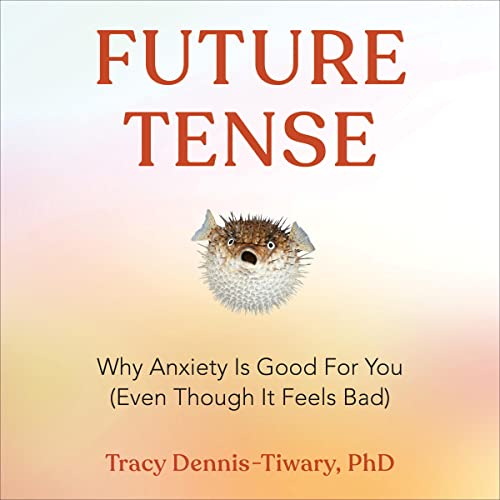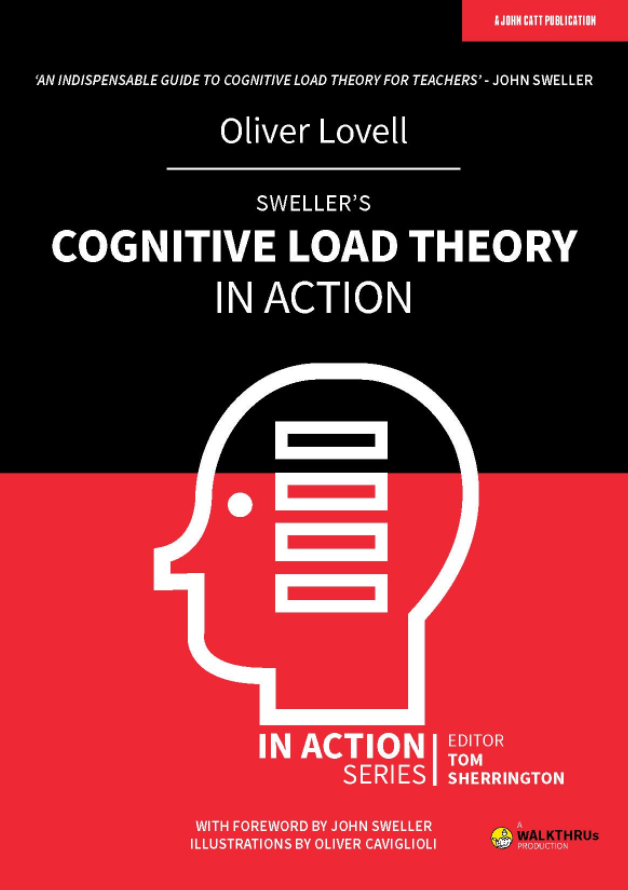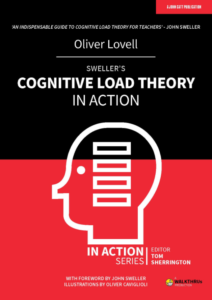As the school year begins, teachers want to know: can mind/brain research give us strategies to foster learning?
We might also wonder: what will our students think of those strategies?
It seems plausible — even likely — that students will prefer the strategies that help them learn. If those strategies help, why wouldn’t students like them?
Strategies to Foster Learning
Some classroom truths seem almost to basic to say out loud. For instance:
#1: We want our students to learn several different sub-topics within any particular topic.
And
#2: Students need to practice to learn.
When teachers think about those basic truths at the same time, we often adopt a specific strategy.
We ask students to practice (that’s #2) each individual subtopic (that’s#1) on its own. So:
Students practice identifying nouns, and then they practice identifying verbs, and then the practice identifying adjectives.
Or, angles, then circumferences, then areas.
Or, backhand, then forehand, then serve.
We could represent this strategy this way: AAA, BBB, CCC. Each sub-topic gets its own discrete practice session.
But, would a different strategy be better? How about: ABC, CBA, BCA?
In other words: should students jumble different topics together when they practice?
Interleaving: Old Research, and New
The answer to that question is YES: students SHOULD jumble different sub-topics together when they practice.
For research confirmation, you can check out this study by Rohrer and Pashler.
Or, for a broader synthesis, explore Agarwal and Bain’s great book, Powerful Teaching.
Or, you might ask a pointed question: “has this strategy been tested in actual classrooms, not just in psychology research labs?”
The answer to that question is also YES.
A recently published study by Samani and Pan tried this strategy in a college physics class.
Sure enough, students learned more when their homework problems were interleaved than when sub-topics were practiced one at a time.
That is: students whose practice problems covered Coulomb’s Law by itself learned less than those whose practice problems also included capacitors and composite wires.
So, we arrive at this tentative teaching advice:
No doubt, you have your students practice — either in class, or with homework, or both.
When students practice, they should work on a few sub-topics at a time, not just one.
So far, so good.
Paradox: Teaching Solutions Create Studying Problems
Let’s return to the question that opened this blog post: do students prefer the study strategy that fosters learning. (They should; after all, it helped them learn!)
Reader, they do not.
Why?
In Samani and Pan’s study (and many others), students found that effective learning strategies are more difficult.
That is: they require more thought, and frequently lead to more short-term mistakes. (Students did relatively badly on the homework before they did relatively well on the tests.)
From one perspective, this finding makes perfect sense.
If we do difficult mental work, we will struggle and fail more often. And yet, all that extra hard thinking will ultimately lead to more learning. (Soderstrom and Bjork have written a GREAT review article on this topic.)
That encouraging perspective, however, runs into a perfectly understandable alternative: most people don’t like struggle and failure.
We shouldn’t blame students for disliking the interleaving. It hurt their heads. They did badly on the homework. YUCK.
As teachers, we have the long-term perspective. We know that short-term struggle leads ultimately to greater learning.
But, most students lack that perspective. They feel the struggle and the pain, but don’t recognize the long-term benefits.
Teaching Advice 2.0
Given all these findings, how should we structure students’ practice?
I think all these findings add up to this guidance:
First: interleave practice.
Second: tell students that you are doing so, and explain why.
The language you use and the level of explanation will, of course, vary by the age of the student. But, let them know.
Third: structure grading systems to value ultimate learning more than immediate understanding.
After all, if we both require interleaved practice (which is quite difficult) and grade students on the success of their practice, we will — in effect — force them to have lower grades. They will rightly feel the injustice of this instructional paradigm.
In other words: this practice strategy — in my view — does imply a grading policy as well.
TL;DR
Students, of course, must practice to learn.
Teachers should structure their practice to cover a few sub-topics simultaneously.
We should explain why we’re doing so; “interleaving” ultimately results in more learning.
We should create grading structures that account for the initial difficulty of interleaved practice.
If we get this balance right, students will willingly face early learning challenges, and ultimately learn more.
Rohrer, D., & Pashler, H. (2010). Recent research on human learning challenges conventional instructional strategies. Educational Researcher, 39(5), 406-412.
Agarwal, P. K., & Bain, P. M. (2019). Powerful teaching: Unleash the science of learning. John Wiley & Sons.
Samani, J., & Pan, S. C. (2021). Interleaved practice enhances memory and problem-solving ability in undergraduate physics. NPJ science of learning, 6(1), 1-11.
Soderstrom, N. C., & Bjork, R. A. (2015). Learning versus performance: An integrative review. Perspectives on Psychological Science, 10(2), 176-199.










